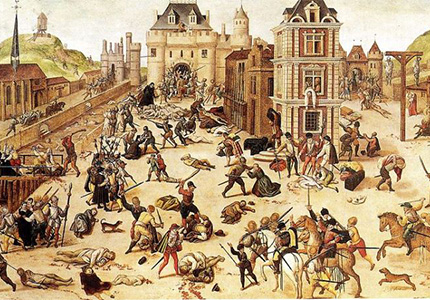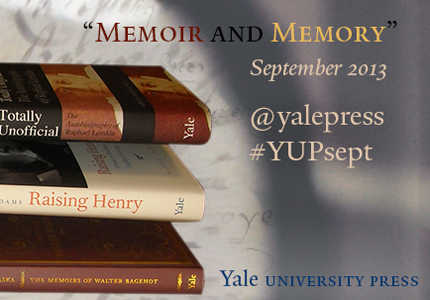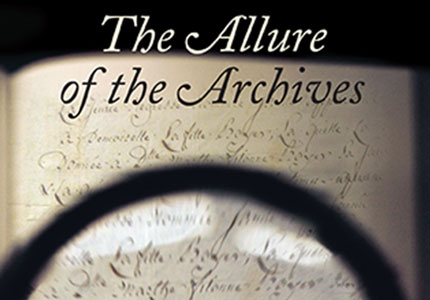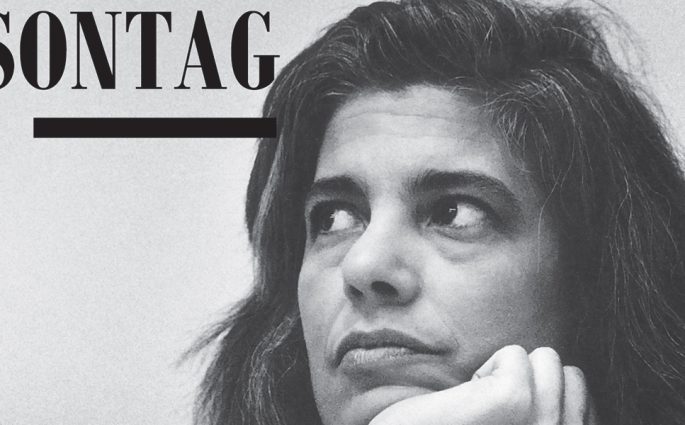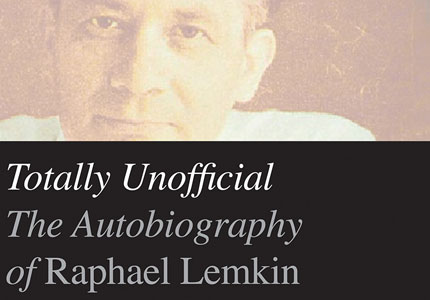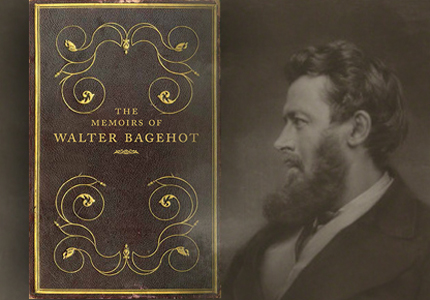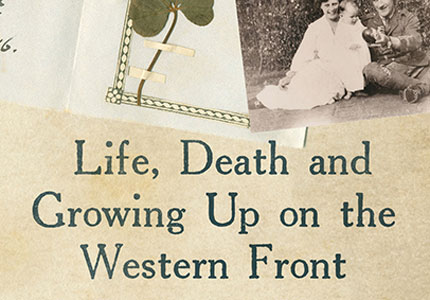The Benefits of Charity
However we conceive its definition, the act of charity is alive and well in American culture. Last year alone, Americans donated an estimated $316.23 billion to charitable causes. While many disagree on the best way to give or the places one’s time and money should go, it is an ancient practice


